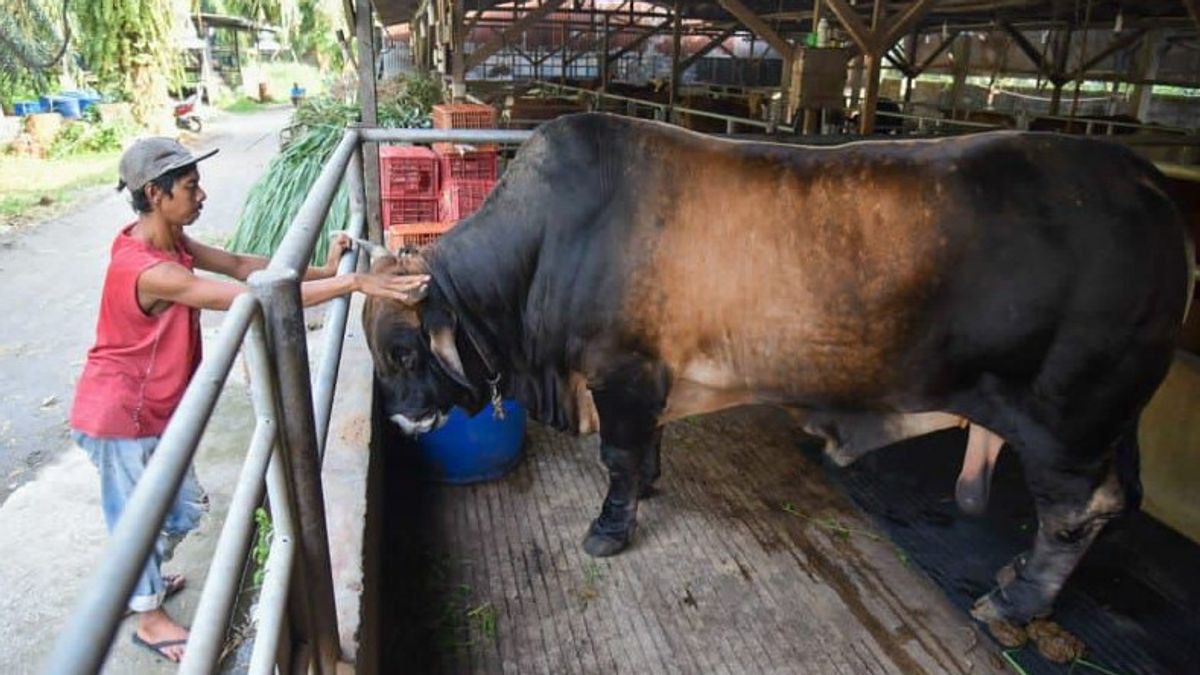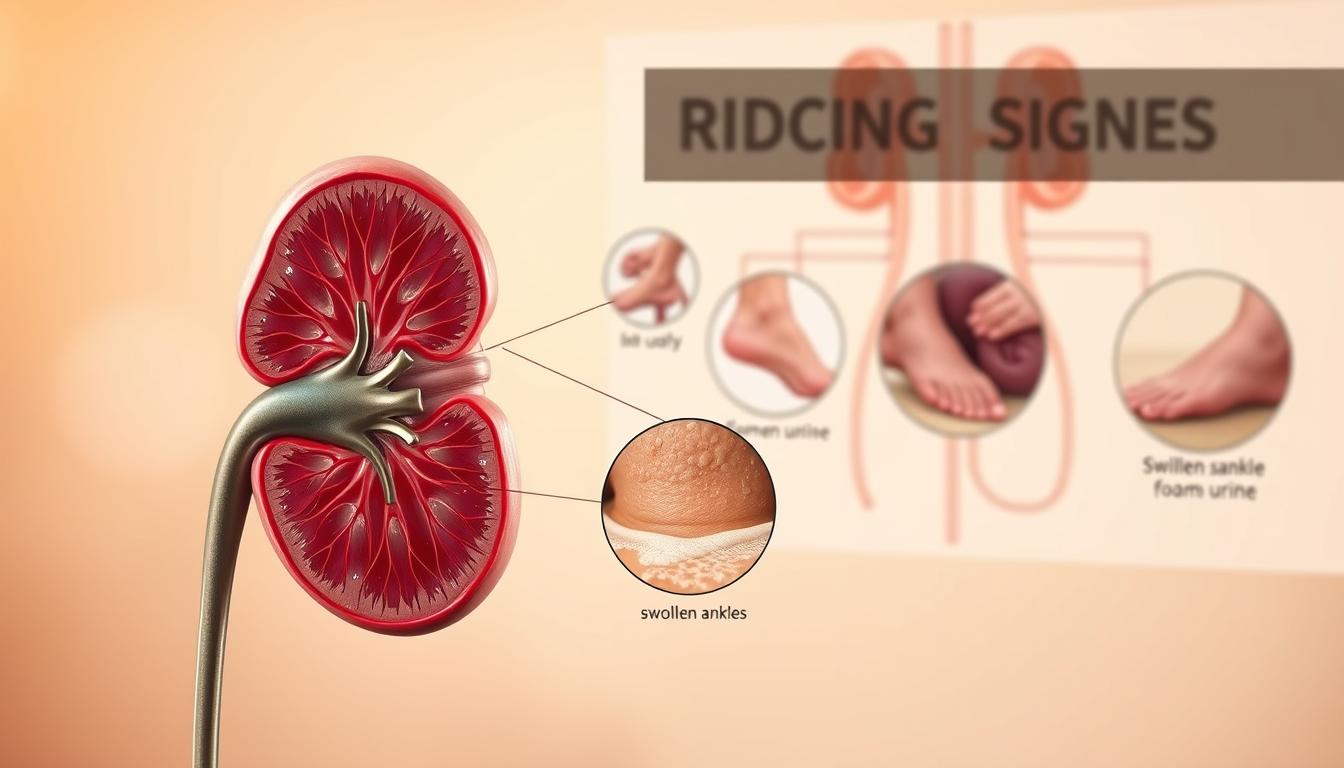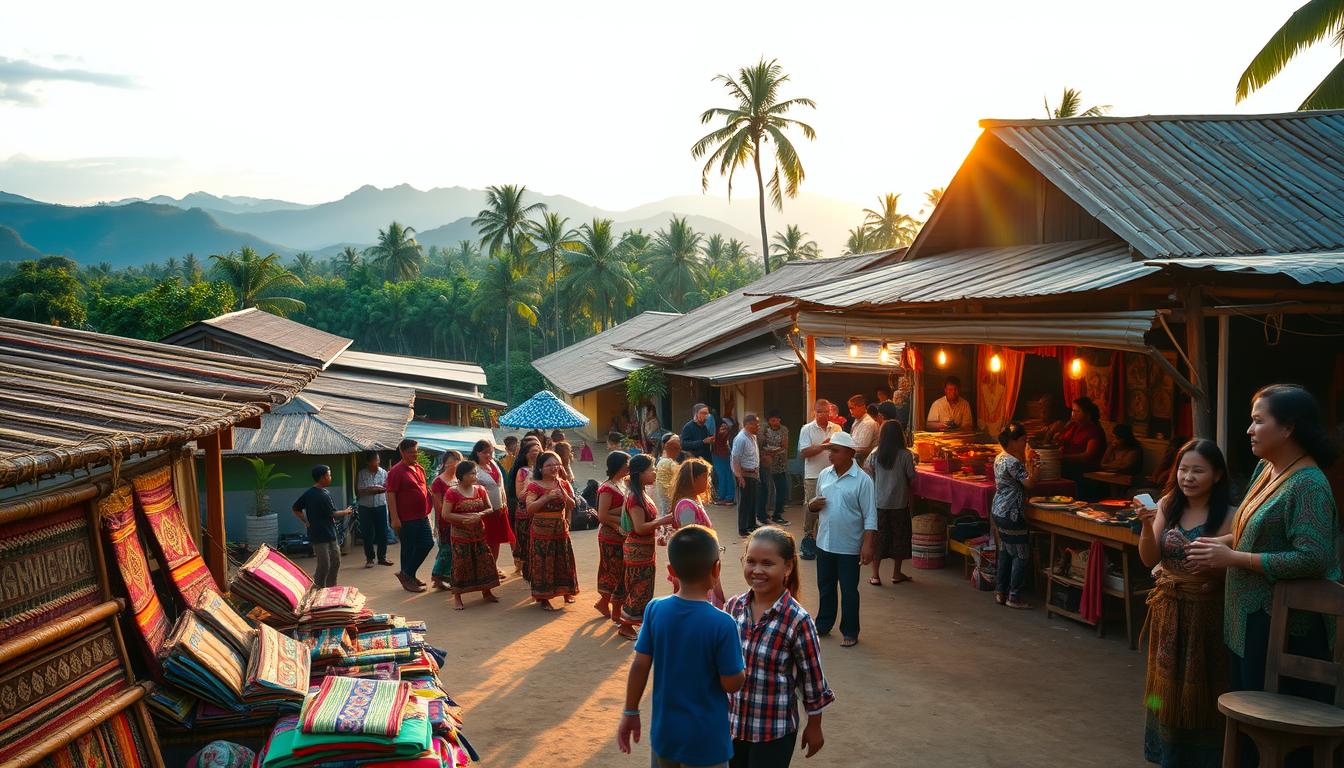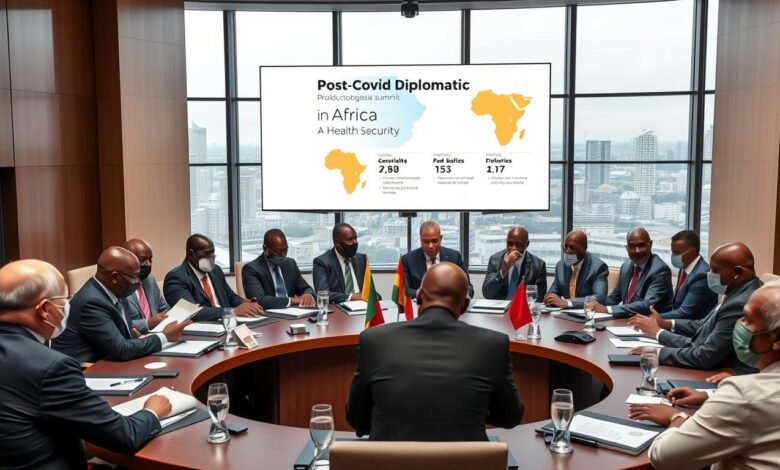
African leaders convene to address post-pandemic diplomatic priorities and regional health security initiatives
How African Nations Have Reshaped Diplomatic Strategies
The pandemic has catalyzed a significant shift in how African countries approach diplomacy. Prior to COVID-19, traditional North-South cooperation dominated the continent’s international relations. However, the global nature of the pandemic created a vacuum in leadership from the Global North, compelling African nations to develop more autonomous and regionally-focused diplomatic initiatives.
The Rise of Health Diplomacy as a Foreign Policy Tool
Health diplomacy has emerged as a powerful instrument in Africa’s foreign policy arsenal. The continent’s experience with previous disease outbreaks positioned it to leverage health expertise as a form of soft power in international negotiations. The Africa Centres for Disease Control and Prevention (Africa CDC) has been instrumental in coordinating continental responses and elevating Africa’s voice in global health governance.
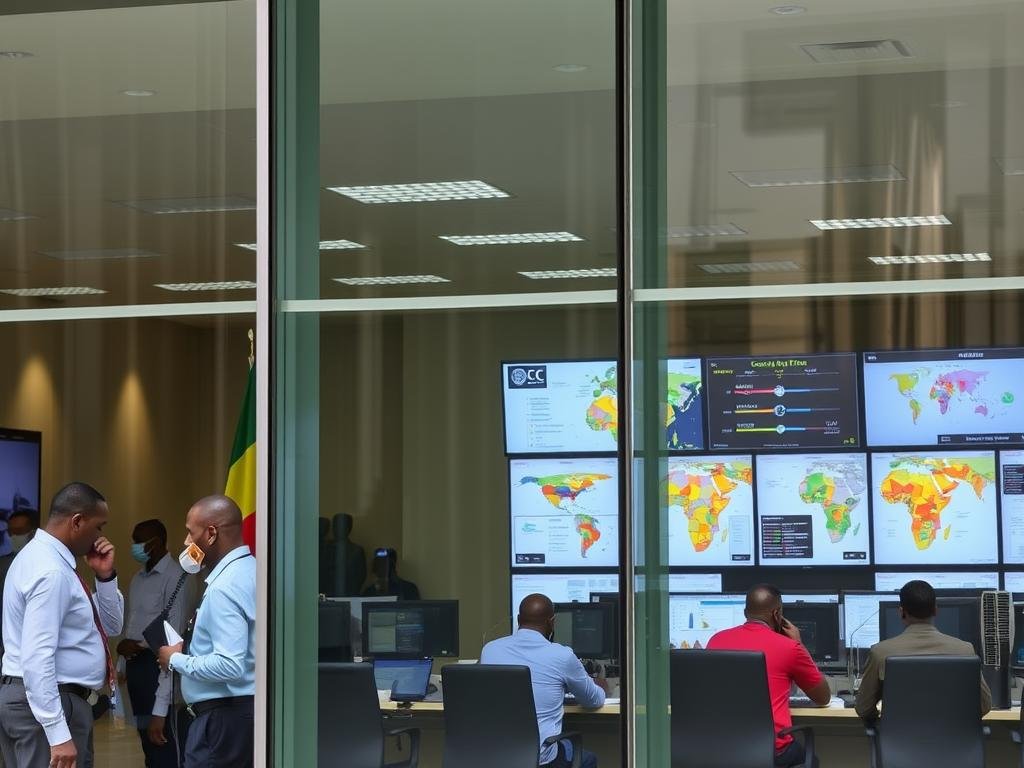
Africa CDC headquarters in Addis Ababa serving as the epicenter of continental health diplomacy efforts
Digital Diplomacy Acceleration
Travel restrictions during the pandemic necessitated rapid adoption of digital platforms for diplomatic engagement. African nations quickly pivoted to virtual summits, online negotiations, and digital document signing. This shift has democratized diplomatic participation, allowing smaller nations with limited resources to engage more actively in multilateral forums without the prohibitive costs of physical attendance.
Challenges and Opportunities in Post-Covid Diplomacy in Africa
Key Challenges
Vaccine Inequity and Diplomatic Leverage
The uneven global distribution of COVID-19 vaccines exposed deep inequities in the international system. African nations found themselves at a disadvantage in vaccine procurement, with less than 15% of the continent’s population fully vaccinated by mid-2022. This disparity has sparked renewed calls for pharmaceutical sovereignty and prompted diplomatic initiatives to secure technology transfer and local manufacturing capabilities.
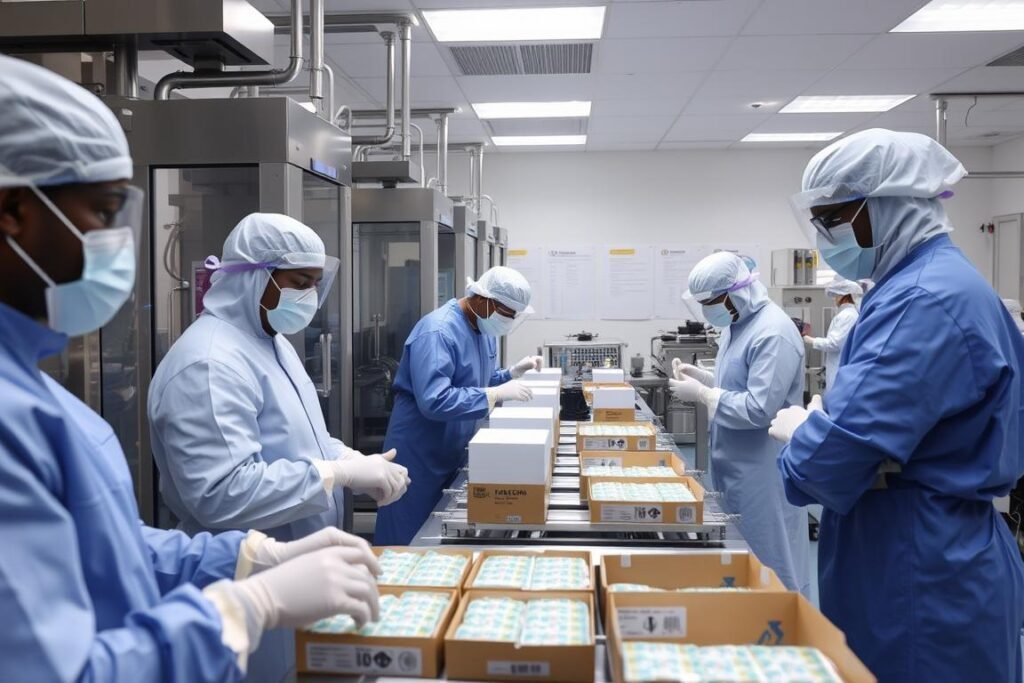
Emerging pharmaceutical manufacturing capabilities in Africa addressing vaccine sovereignty concerns
Debt Crisis and Economic Diplomacy
The pandemic exacerbated existing debt vulnerabilities across Africa. By 2023, over 20 African countries were either in or at high risk of debt distress. This financial precarity has necessitated new approaches to economic diplomacy, with countries pursuing debt restructuring, relief initiatives, and alternative financing mechanisms to create fiscal space for recovery.
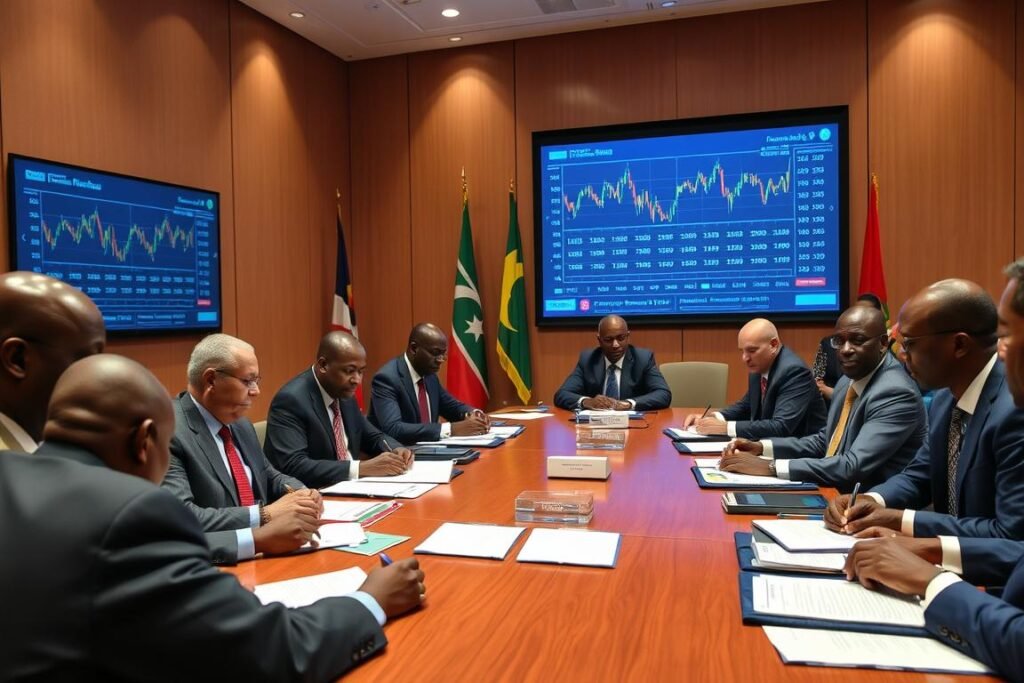
Economic diplomacy in action: African finance ministers engaging with international creditors
Emerging Opportunities
Regional Integration Acceleration
The pandemic has accelerated implementation of the African Continental Free Trade Area (AfCFTA), with countries recognizing the importance of regional self-reliance. Trade diplomacy has intensified, with a particular focus on harmonizing regulations for essential goods and medical supplies. According to 2023 data, intra-African exports under AfCFTA increased by 18% compared to pre-pandemic levels.
Climate Diplomacy Convergence
Post-pandemic recovery has created opportunities to align diplomatic efforts on climate change with economic rebuilding. African nations have strengthened their collective voice in international climate negotiations, emphasizing the concept of “just transition” and advocating for climate finance that acknowledges the continent’s unique vulnerabilities and development needs.
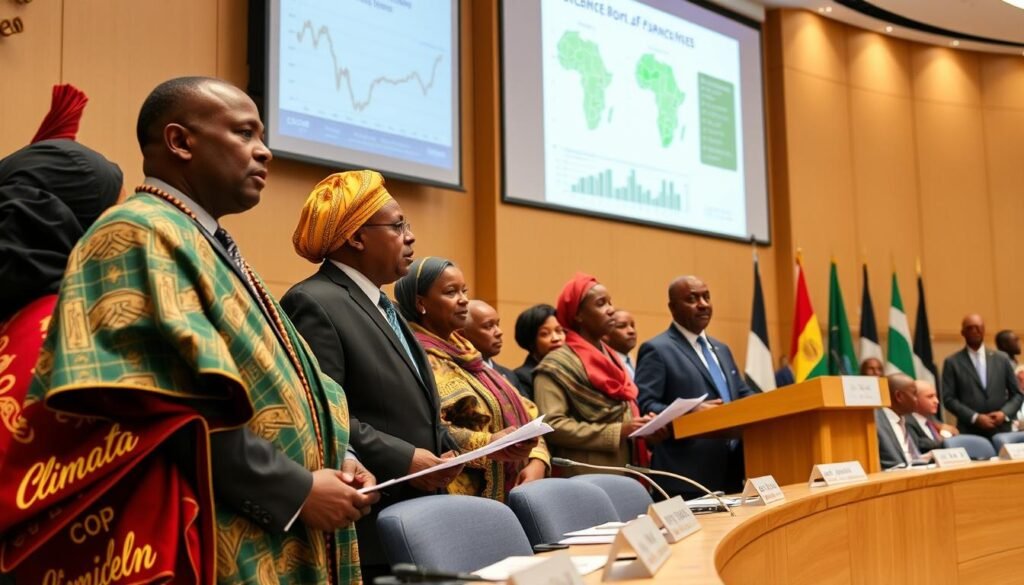
African climate diplomats advancing continental priorities at international negotiations
Specific Examples of Post-Pandemic Diplomatic Initiatives
AU’s COVID-19 Response Mechanisms
The African Union’s response to the pandemic demonstrates the evolution of continental diplomacy toward greater self-reliance and coordination. Several key initiatives showcase this transformation:
- African Medical Supplies Platform (AMSP) – A continental e-commerce platform that enables AU Member States to purchase certified medical equipment with increased cost-effectiveness and transparency.
- African Vaccine Acquisition Task Team (AVATT) – Secured over 400 million vaccine doses through pooled procurement, demonstrating the diplomatic power of collective negotiation.
- Partnerships for African Vaccine Manufacturing (PAVM) – An initiative to build vaccine manufacturing capacity on the continent, with the ambitious goal of manufacturing 60% of vaccines locally by 2040.
- Africa Pathogen Genomic Initiative – A $100 million public-private partnership expanding access to genomic sequencing tools across Africa, strengthening the continent’s scientific diplomacy credentials.
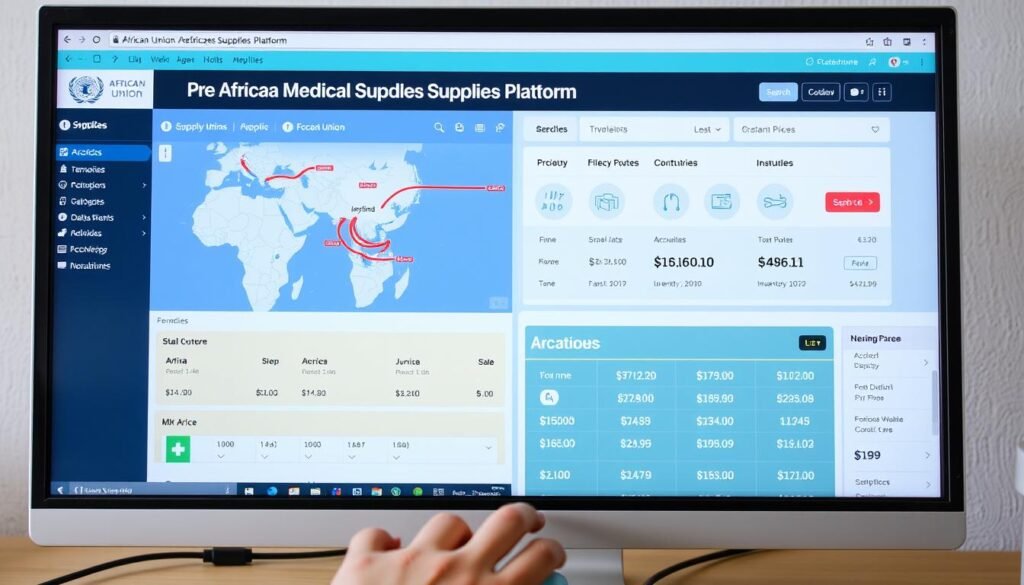
The African Medical Supplies Platform exemplifies digital innovation in regional resource coordination
Ethiopia’s COVID Diplomacy Leadership
Ethiopia leveraged its geographic position and infrastructure to become a continental hub for pandemic response. The country’s three-phase approach illustrates how middle powers in Africa can exercise diplomatic influence:
Phase 1: Global Advocacy
Ethiopia’s leadership advocated for debt relief, support for Africa CDC, and emergency financing through strategic op-eds in international publications like the New York Times and Financial Times.
Phase 2: Logistics Hub
Addis Ababa became the center for “Solidarity Flights” distributing medical supplies across Africa, with Ethiopian Airlines serving as the primary carrier for pandemic-related cargo.
Phase 3: Manufacturing
A joint venture with Chinese partners established a facility producing 10 million COVID-19 testing kits annually, positioning Ethiopia as a regional supplier of essential diagnostics.
Nigeria-South Africa Tech Partnerships
The pandemic catalyzed unprecedented cooperation between Africa’s two largest economies in the digital sphere. Their joint initiatives in health technology and digital infrastructure have created a model for South-South cooperation in the post-pandemic era.

Tech collaboration between Nigeria and South Africa driving digital health innovation
The Role of Non-State Actors in Pandemic-Era Diplomacy
Afreximbank’s Financial Diplomacy
The African Export-Import Bank (Afreximbank) emerged as a crucial diplomatic actor during the pandemic, demonstrating how financial institutions can shape international relations. The bank’s Pandemic Trade Impact Mitigation Facility (PATIMFA) mobilized $6.5 billion to support African economies, representing a form of financial diplomacy that complemented traditional state-led efforts.
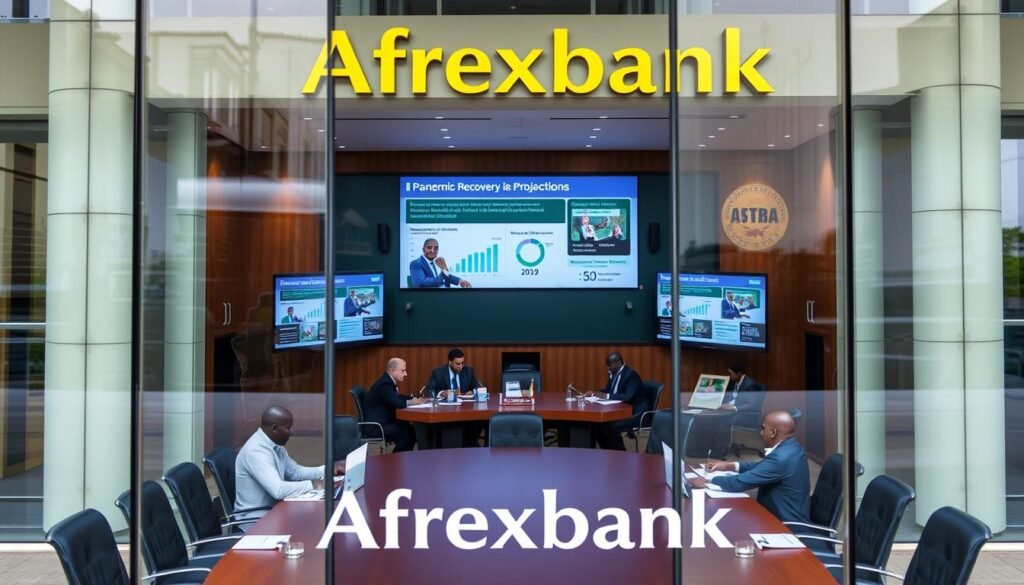
Afreximbank headquarters: Epicenter of financial diplomacy supporting Africa’s pandemic recovery
Philanthropic Organizations and Diplomatic Influence
Private foundations like the Jack Ma Foundation partnered with African governments to distribute medical supplies, demonstrating a new model of public-private diplomatic cooperation. These partnerships often bypassed traditional aid channels, creating direct relationships between philanthropic entities and African states.
Civil Society Networks
Pan-African civil society organizations coordinated advocacy efforts across borders, influencing both domestic and international policy. The Africa CDC’s Bingwa Initiative mobilized youth champions for vaccination campaigns, illustrating how non-governmental networks can extend the reach of public health diplomacy.
Implications for Global South Relations and Climate Diplomacy
South-South Cooperation Intensification
The pandemic has accelerated South-South cooperation, with African nations strengthening ties with partners in Asia and Latin America. This shift reflects a growing recognition that more symmetrical partnerships allow for better policy ownership and alignment with African priorities.
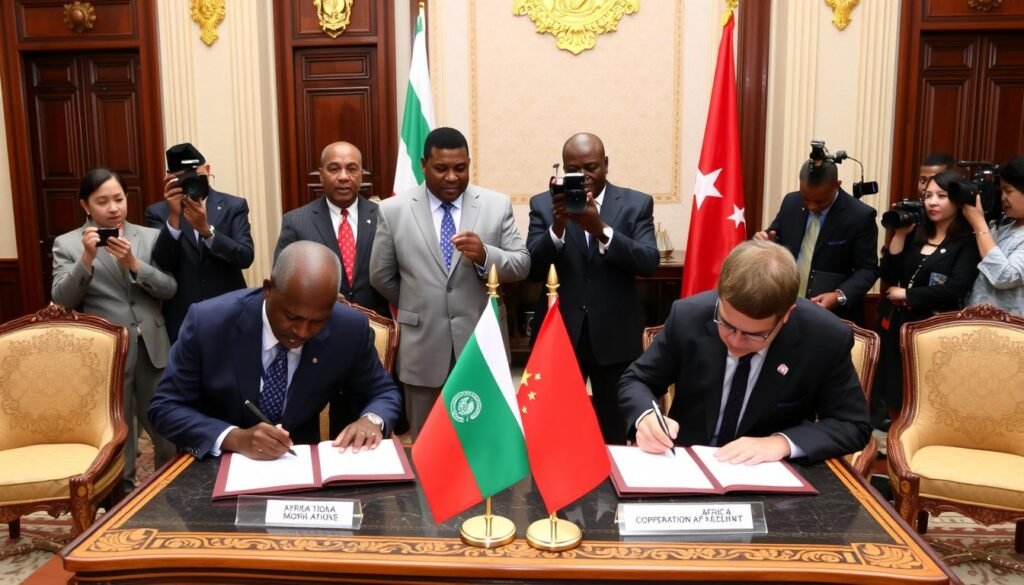
Formalization of South-South cooperation agreements on pandemic preparedness and response
Climate Justice in Post-Pandemic Diplomacy
African nations have increasingly linked climate diplomacy with pandemic recovery, emphasizing the concept of “just transition” in international forums. The continent’s unified stance at COP27 in Egypt demonstrated how health crises have reinforced the urgency of addressing climate vulnerabilities.
Key Takeaways: Diplomatic Lessons from the Pandemic
- Health security has become inseparable from national security in diplomatic calculations
- Regional self-reliance is essential for effective crisis response and recovery
- Digital platforms have democratized diplomatic participation for resource-constrained nations
- Non-state actors are increasingly influential in shaping international relations
- Collective negotiation amplifies Africa’s voice in global governance structures
Actionable Recommendations for African Policymakers
Institutionalize Health Diplomacy
Integrate health considerations into foreign policy frameworks by establishing dedicated health attaché positions in key diplomatic missions and creating cross-ministerial coordination mechanisms between health and foreign affairs departments.
Invest in Digital Diplomatic Infrastructure
Develop secure digital platforms for diplomatic engagement that reduce dependence on foreign technologies. Prioritize training for diplomatic personnel in digital skills and cybersecurity to maximize effectiveness in virtual negotiations.
Strengthen Regional Economic Diplomacy
Accelerate implementation of AfCFTA protocols with particular emphasis on harmonizing regulations for essential goods and medical supplies. Establish continental standards for pharmaceutical production to facilitate intra-African trade in health products.
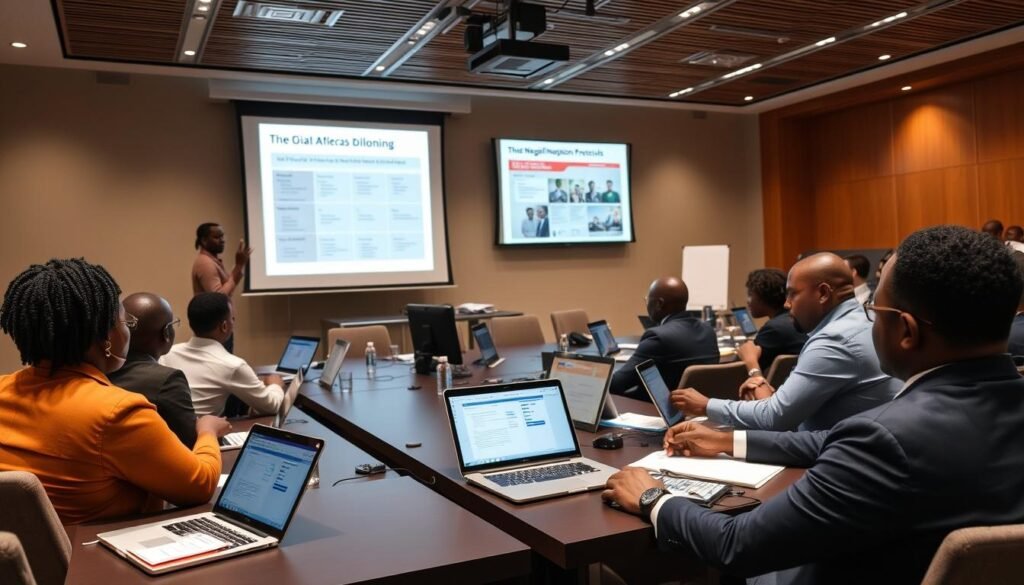
Capacity building for African diplomats in post-pandemic diplomatic priorities
Develop Health Intelligence Capabilities
Establish specialized units within foreign ministries focused on monitoring global health developments and their implications for national interests. Coordinate intelligence sharing through regional mechanisms like the Africa CDC.
Diversify Diplomatic Partnerships
Pursue balanced engagement with traditional and emerging powers, avoiding overreliance on any single partner. Leverage Africa’s collective bargaining power in negotiations with external actors on health technologies and financing.
Mainstream Climate Considerations
Integrate climate resilience into all aspects of foreign policy, recognizing the interconnections between health security, economic stability, and climate change. Develop coordinated positions on climate finance that acknowledge Africa’s unique vulnerabilities.
Conclusion: The Future of African Diplomacy
The COVID-19 pandemic has catalyzed a significant evolution in Africa’s diplomatic landscape. By necessity, African nations have developed more autonomous, regionally-focused, and health-conscious approaches to international relations. The continent’s diplomatic future will likely be characterized by greater emphasis on self-reliance, digital engagement, and the strategic use of health expertise as a form of soft power.
As Africa navigates the post-pandemic world, its diplomatic capabilities will be tested by ongoing challenges including climate change, economic recovery, and global power shifts. However, the innovations in post-Covid diplomacy in Africa have created new pathways for the continent to assert its interests and shape global governance in ways that better reflect African priorities and perspectives.

The evolving landscape of African diplomacy: Blending traditional engagement with technological innovation
Share Your Observations
Have you witnessed innovative African diplomatic practices since 2020? We invite you to share your observations and examples of how African nations are reshaping international relations in the post-pandemic era. Your insights will contribute to our collective understanding of this evolving landscape.
➡️ Baca Juga: Pameran Seni Kontemporer di Bali, Menarik Perhatian
➡️ Baca Juga: SPMB 2025 Jalur Prestasi Tak Gunakan Rapor, Ini 3 Masalahnya

